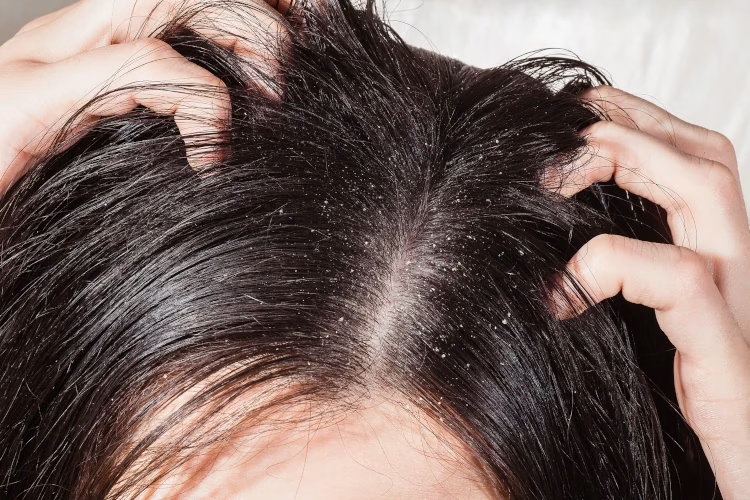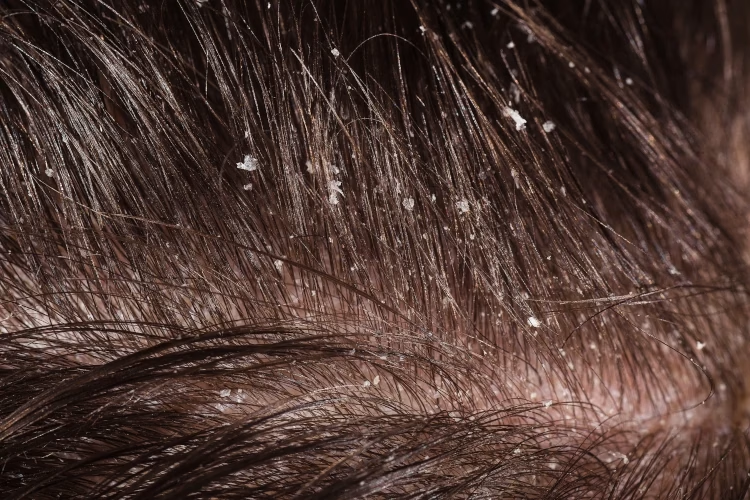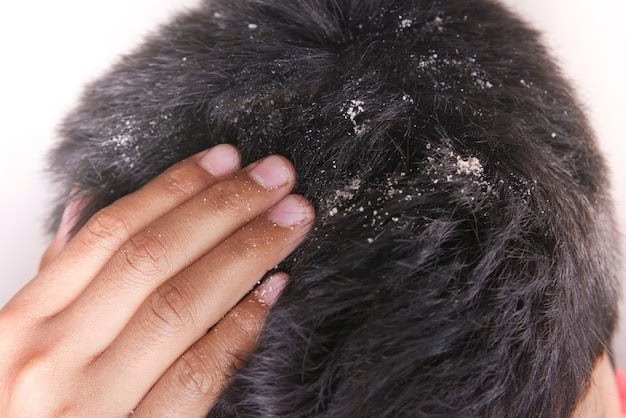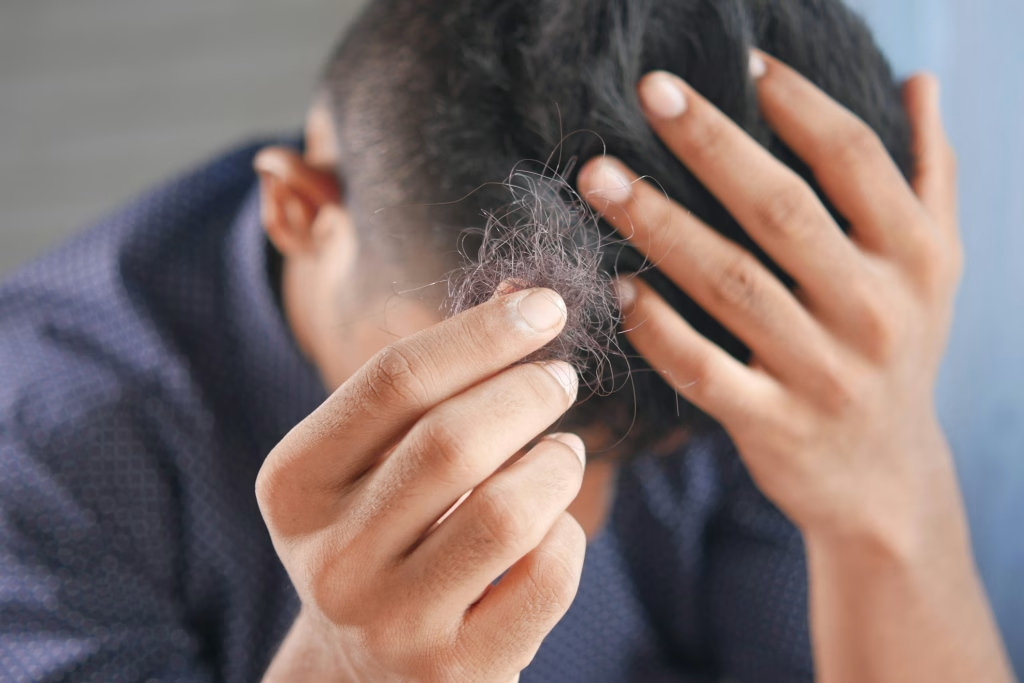Dandruff and Hair Loss: Is There a Connection?
Dandruff is a common scalp condition that causes flakes and itchiness. Many people wonder if it can lead to hair loss. Research suggests that while dandruff itself doesn’t cause hair loss, the underlying issues might. Conditions like seborrheic dermatitis can irritate the scalp, potentially resulting in temporary shedding of hair.
When your scalp is irritated or inflamed, it can lead to a cycle of scratching and excessive handling of hair. This can contribute to hair breakage. Additionally, if one experiences severe dandruff, they may neglect their hair and scalp care, which might affect hair health over time. Fortunately, effective treatments for dandruff can help maintain both scalp and hair health.
It’s important to treat dandruff with the right shampoo and care. If you’re experiencing significant hair loss alongside dandruff, consulting a dermatologist is recommended for tailored advice. They can help identify the root cause and necessary treatment, ensuring both your scalp and hair are in good condition.
Common Questions
Understanding Dandruff and Hair Loss

Dandruff itself is not directly linked to hair loss, but it can contribute to it over time. If left untreated, severe scalp irritation from dandruff can lead to scratching and inflammation, which might affect hair follicles. Studies indicate that persistent dandruff can lead to deeper scalp issues, potentially resulting in hair thinning. Addressing dandruff promptly can help maintain healthy hair growth.
Dandruff can arise from various factors, including dry skin, sensitivity to hair products, and skin conditions like seborrheic dermatitis. Hormonal changes and stress may also play a part. Understanding the cause can help in selecting the right treatment to manage symptoms and prevent any further complications that could affect hair health.
Effective treatment for dandruff typically includes using medicated shampoos that contain active ingredients like zinc pyrithione or salicylic acid. Regular washing can help prevent buildup. It’s also essential to manage stress and keep your scalp moisturized. Consult a dermatologist if over-the-counter solutions don’t work, as they may prescribe stronger treatments.
If dandruff persists despite consistent treatment, or if you notice increased hair loss, it’s wise to consult a dermatologist. They can determine if there’s an underlying condition that needs addressing. Early intervention is crucial to preventing more severe scalp issues that could lead to hair loss.
Yes, diet can influence dandruff severity. A balanced diet rich in essential fatty acids, zinc, and B vitamins can help support scalp health. Keeping hydrated and minimizing sugar and processed foods may also reduce dandruff occurrences. While diet alone won’t eliminate dandruff, it plays an essential role in overall skin and hair health.
How Much Hair Loss Is Normal and When to Worry ?
It’s easy to panic when you see a clump of hair in the shower drain or on your brush. But here’s the thing: losing around 50 to 100 hair strands a day falls within the healthy range for most adults. However, if your shedding remains steady and you’re not noticing thinner patches or wider parts, dandruff likely isn’t the main cause.
That said, it’s important to pay attention to your body. Sudden shedding spikes or visible thinning, especially around the temples, crown, or part, deserve attention. That’s the time to bring in a dermatologist or trichologist to rule out underlying issues.

Treating Dandruff To Protect Your Hair !

If you’re dealing with flaking, itching, and some extra shedding, don’t wait. Dealing with dandruff early is your best bet to keep your hair and scalp healthy. Start with over-the-counter shampoos that contain active ingredients like ketoconazole, selenium sulfide, salicylic acid, or zinc pyrithione. Rotate between a couple if you don’t see immediate results, but don’t abandon ship too quickly. Most treatments take some time to show improvement.
Along with shampoo, consider using a lightweight scalp oil or serum that hydrates without clogging follicles. Keeping your scalp clean and balanced goes a long way toward breaking the inflammation cycle. Even a good hair care routine that avoids harsh heat, sulfates, or alcohol-heavy products can make a noticeable difference.
Ultimately, addressing the root causes of hair loss protects your hair from unnecessary fallout. If patchy thinning persists despite managing dandruff, a specialist can assess whether the condition is non-scarring or scarring in nature and determine if transplantation is appropriate.
What if Hair Doesn’t Grow Back?
Many people explore hair restoration options, especially if hair density hasn’t improved over six to 12 months. Advances in transplant techniques now make it easier, and more natural-looking, than ever to restore lost volume. You can browse real-life before-and-after transplant photos to see what results actually look like. The differences are striking, especially for those with patchy thinning caused by chronic scalp inflammation.
Of course, cost plays a role in making that decision. If you’re considering taking that step, you’ll want to weigh hair transplant costs and what’s included, such as consultations, post-op care, and the number of grafts, so there are no surprises. Some clinics also offer flexible payment plans to make the process more accessible.

